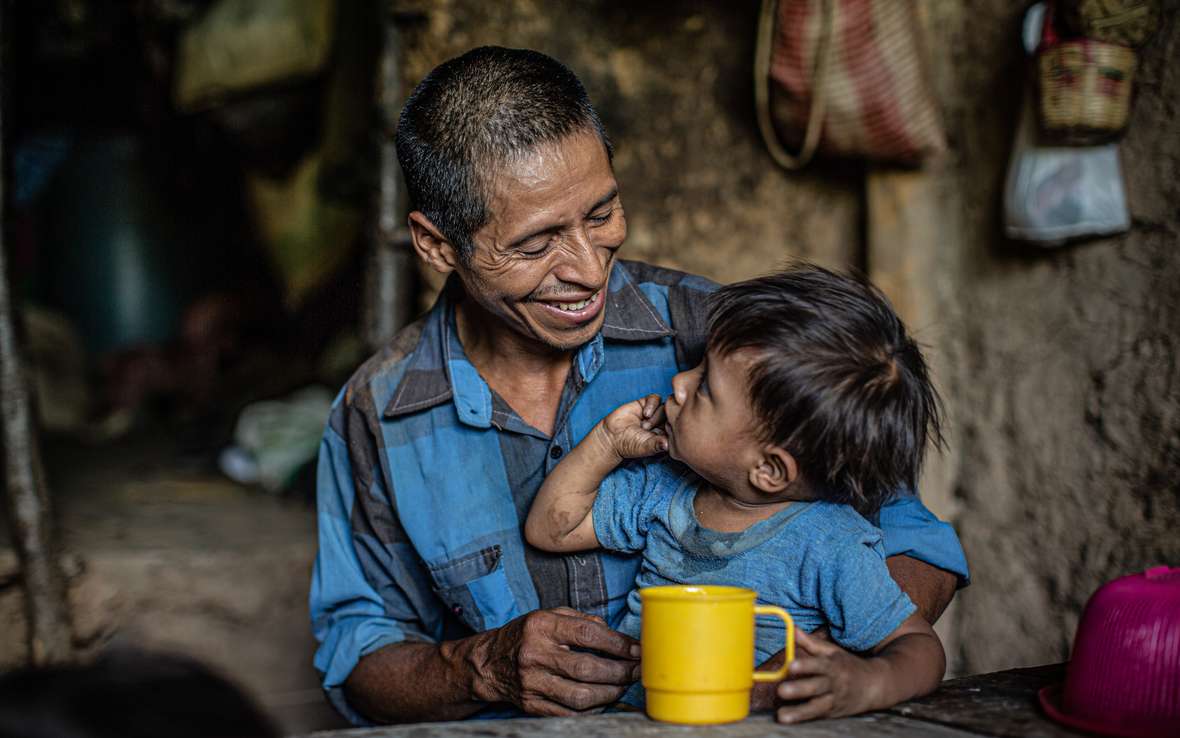
Father’s Day raises the question, How much do men care?
As the pandemic threw many household arrangements out the window, it also opened the door for men to step up to do more hands-on care work. The challenge now is to close the care gap even more. A new report offers an action plan.
In June, countries around the world celebrate Father’s Day—a moment to recognize the 80 percent of men who become fathers in their lifetime.
Fatherhood is one of the most powerful expressions of what it means to be a man. It is also, in most societies, a crucial source of power. It enables men to decide who gets access to resources, who has control over their bodies, and what is deemed important.
In other words, it is the basis of various manifestations of patriarchy: from stories of lineage, religion, and founding fathers, to selection of last names and notions of patriotism.
This system has been built with daily patience in routines at homes, schools, and workplaces: who cooks, who cleans, what is recognized as work that deserves to be paid, and who provides care. The division of responsibilities falls into a binary construction: this is what women do, this is what men do.
This is not accidental. It is the system that sustains men’s power.